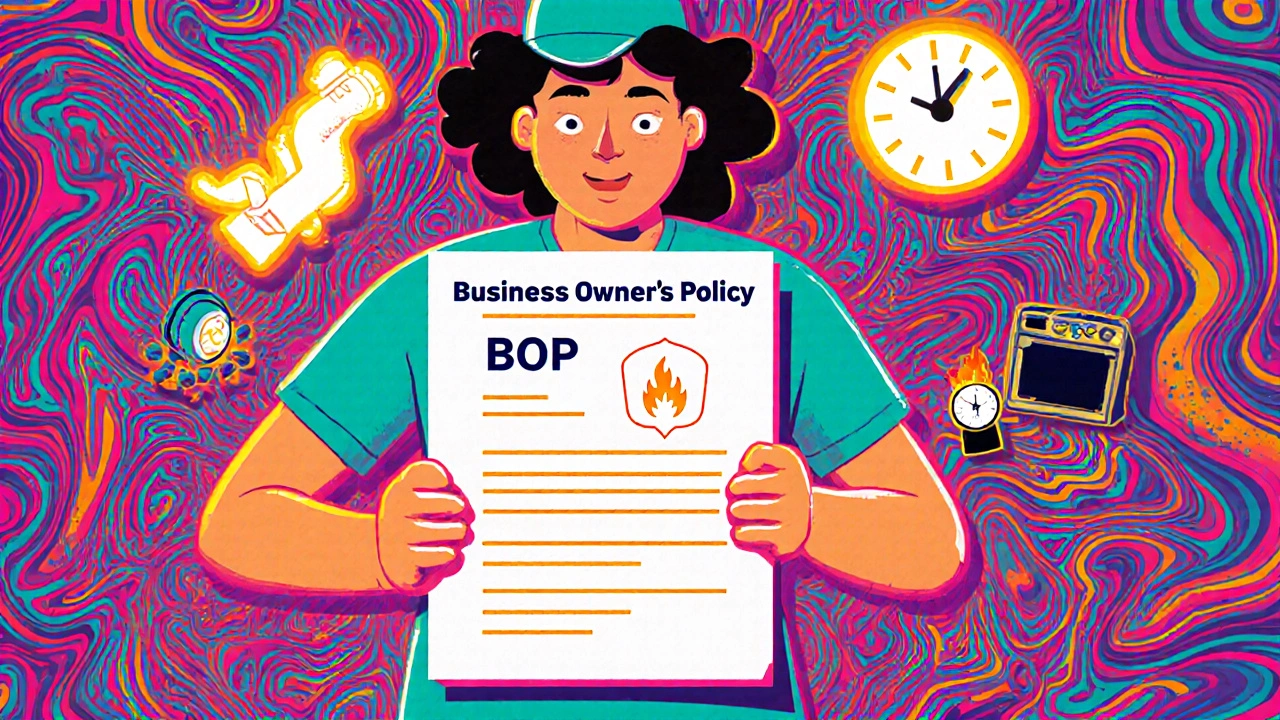Startup Insurance: Protect Your Business with the Right Coverage
When you start a business, you think about product-market fit, funding, and hiring. You don’t think about startup insurance, a set of policies designed to protect new businesses from financial ruin due to lawsuits, accidents, or data breaches. Also known as business liability coverage, it’s the quiet guardian that steps in when your app gets hacked, a client sues you for a missed deadline, or an employee gets hurt on the job. Most founders assume they’re safe because they’re small. That’s the first mistake. A single lawsuit can wipe out your savings—even if you’re just one person working from a coffee shop.
Liability coverage, a core part of startup insurance that protects against claims of negligence or harm caused by your business, isn’t optional. If you offer consulting, build software, or even just have a website, you’re exposed. Clients can sue you for lost revenue, data leaks, or miscommunication. Founders liability, the legal risk that personal assets are at stake if your business is sued and lacks proper protection is real. Without insurance, your car, home, or savings could be on the line. And it’s not just about lawsuits. Startup risk management, the process of identifying, evaluating, and reducing threats to a new business includes things like cyber insurance, workers’ comp, and even coverage for equipment failure. Most startups skip these because they seem expensive. But the cost of not having them? Often ten times higher.
You don’t need every policy under the sun. But you do need the ones that match your real risks. A SaaS company needs different coverage than a freelance designer. A team of five needs different protection than a solo founder. The posts below break down exactly what’s needed, what’s overpriced, and how to get real coverage without paying for buzzwords. You’ll find clear comparisons, real-world examples, and no-fluff advice on how to protect what you’ve built—before it’s too late.





